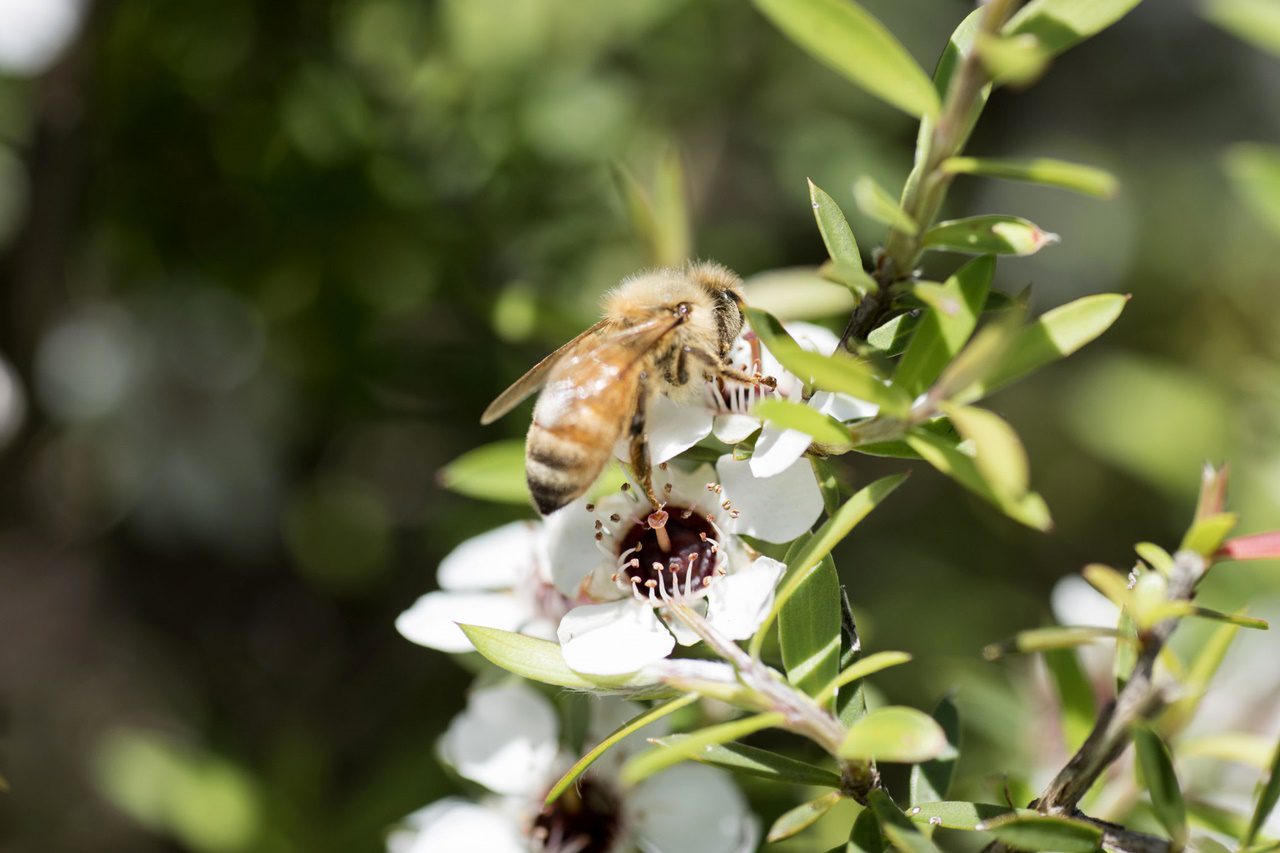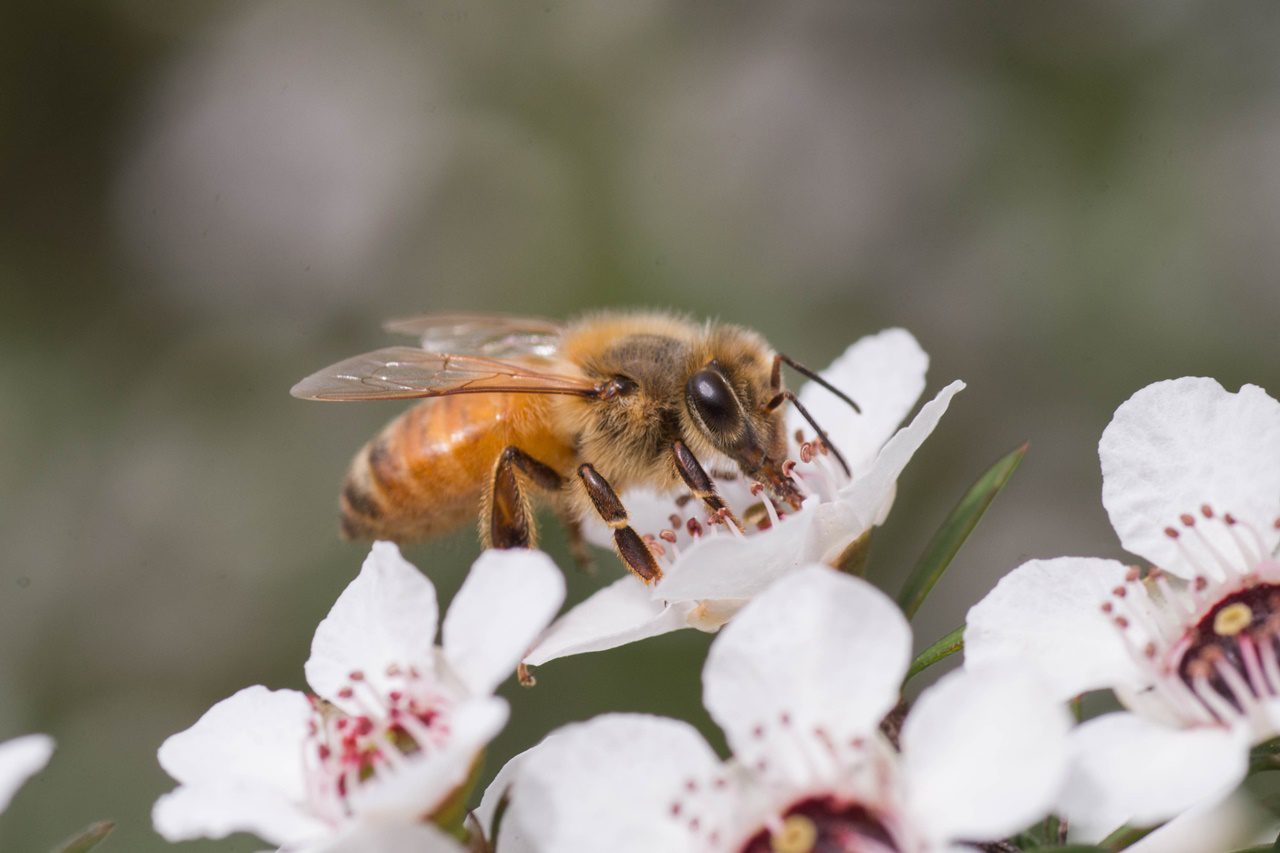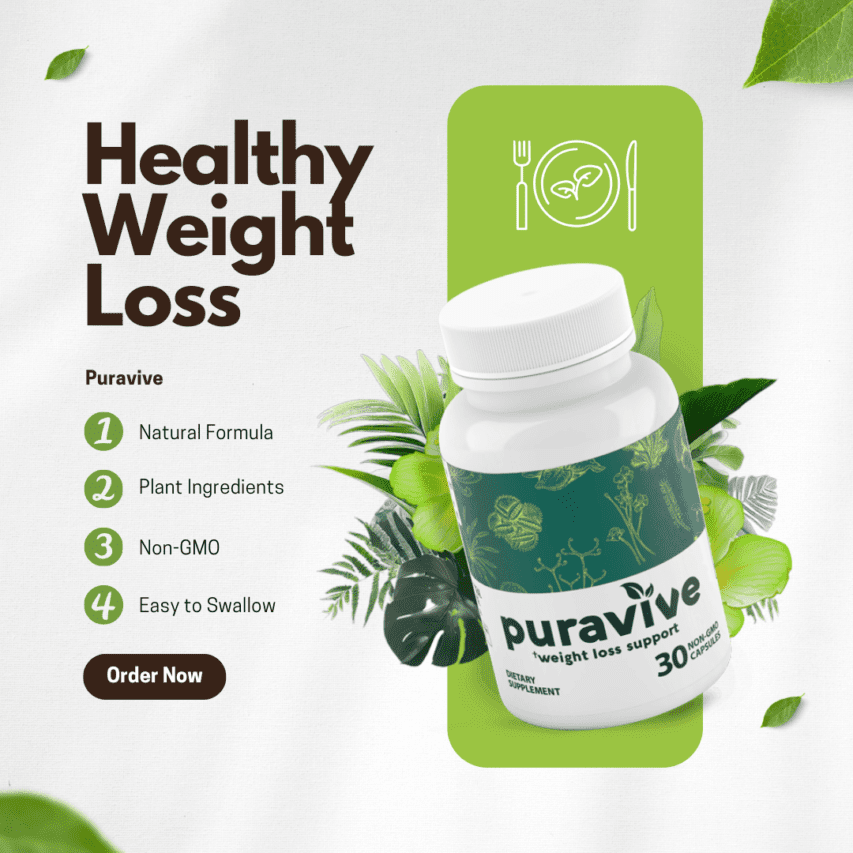The Potential Benefits of Consuming Manuka Honey for Athletes
Manuka honey has gained significant popularity among athletes for its potential health benefits and natural nutritional composition. This unique type of honey is derived from the nectar of the Manuka tree (Leptospermum scoparium), native to New Zealand. Its distinct properties make it an attractive choice for athletes looking to enhance their performance and overall well-being.
What is Manuka Honey?
Manuka honey is a monofloral honey that is produced by bees that feed primarily on the nectar of the Manuka tree. This tree is known for its medicinal properties, and the resulting honey carries some of these beneficial qualities. This honey is characterized by its dark color, thick consistency, and strong, earthy flavor.
In addition to its distinct taste, this type of honey is known for its unique nutritional composition. It contains various vitamins, minerals, and antioxidants that can support overall health and well-being. One of the key components of this honey is methylglyoxal (MGO), which is believed to contribute to its potent antibacterial properties.

Manuka Honey and Athletic Performance
Athletes are constantly seeking ways to optimize their performance, and incorporating Manuka or other types of honey into their diet may offer several benefits. One of the main advantages of consuming this type of honey is its ability to provide sustained energy. The natural sugars present in this honey can serve as a valuable source of fuel during intense physical activity, helping athletes maintain their energy levels and endurance.
Enhanced Muscle Recovery
Intense exercise can lead to muscle damage and inflammation. The honey’s anti-inflammatory properties can aid in reducing muscle soreness and promoting faster recovery. The antioxidants present in this honey can also help neutralize free radicals generated during exercise, further supporting the body’s recovery process.
Immune System Support
Maintaining a robust immune system is crucial for athletes to stay healthy and perform at their best. The honey possesses antibacterial and antiviral properties, which can help support the immune system. Regular consumption of this type of honey may provide an additional layer of defense against common illnesses, allowing athletes to train and compete with reduced risk of infections.

Digestive Health and Gut Support
Athletes often focus on maintaining optimal digestive health for improved nutrient absorption and overall well-being. This type of honey can aid in this regard by promoting a healthy gut microbiome. Its prebiotic properties help nourish beneficial gut bacteria, supporting digestion and nutrient assimilation.
Wound Healing and Injury Recovery
In addition to its internal benefits, Manuka honey can also be applied topically for wound healing and injury recovery. Its antibacterial properties make it effective in preventing infection and promoting tissue repair. Athletes can use this honey as a natural alternative to conventional wound dressings, aiding in the healing process.
Precautions and Considerations
While Manuka honey offers numerous benefits, athletes should exercise caution and consider potential precautions. Allergic reactions to honey can occur, so individuals with known allergies to bee products should avoid consuming Manuka honey. It’s also important to consult a healthcare professional or a registered dietitian before incorporating this type of honey into the diet, especially if you have any underlying medical conditions or are taking medications.
Incorporating Manuka Honey into an Athlete’s Diet
To enjoy the potential benefits of this type of honey, athletes can incorporate it into their daily routine in various ways. Consuming a teaspoon of Manuka or other type of honey before a workout can provide a natural energy boost. It can also be added to post-workout snacks, smoothies, or even spread on whole grain toast for a delicious and nutritious treat.
Conclusion
Manuka honey offers athletes a natural and versatile source of nutrition with potential health benefits. Its unique properties, including sustained energy release, muscle recovery support, immune system boost, digestive health promotion, and wound healing properties, make it a valuable addition to an athlete’s diet. By incorporating the honey into their routine, athletes can optimize their performance and overall well-being in a natural and delicious way.
Where to buy Manuka Honey Online
The best way to get hold of quality honey is to buy directly from the bee-keeper.
Why not check out the honey range from JBees Honey based in Tauranga, New Zealand
FAQs
1. How much of this honey should athletes consume daily?
The recommended daily intake of this honey varies depending on individual needs and goals. As a general guideline, athletes can start with one to two teaspoons per day and adjust the quantity based on personal tolerance and preferences.
2. Can Manuka honey replace energy gels and sports drinks?
While Manuka honey can provide a natural source of energy, it may not be suitable as a complete replacement for specialized sports nutrition products. Athletes should consider their specific nutritional requirements and consult a sports nutritionist to create a well-rounded fueling strategy.
3. Is the honey safe for diabetic athletes?
Manuka honey is high in natural sugars and should be consumed in moderation by individuals with diabetes. Diabetic athletes should monitor their blood sugar levels and consult with a healthcare professional to determine the appropriate quantity of this type of honey for their diet.
4. Are there any specific brands of Manuka honey recommended for athletes?
There are several reputable brands that offer high-quality Manuka and other types of honey. Look for products with a Unique Manuka Factor (UMF) rating, which indicates the level of beneficial compounds present in the honey. It’s advisable to choose brands that undergo third-party testing to ensure authenticity and quality.
5. Can this type of honey be used topically for muscle soreness?
Yes, the honey can be applied topically to help alleviate muscle soreness and aid in the recovery process. Its anti-inflammatory and wound-healing properties make it a natural and effective option for topical application. However, individuals with sensitive skin should perform a patch test before using it extensively.






